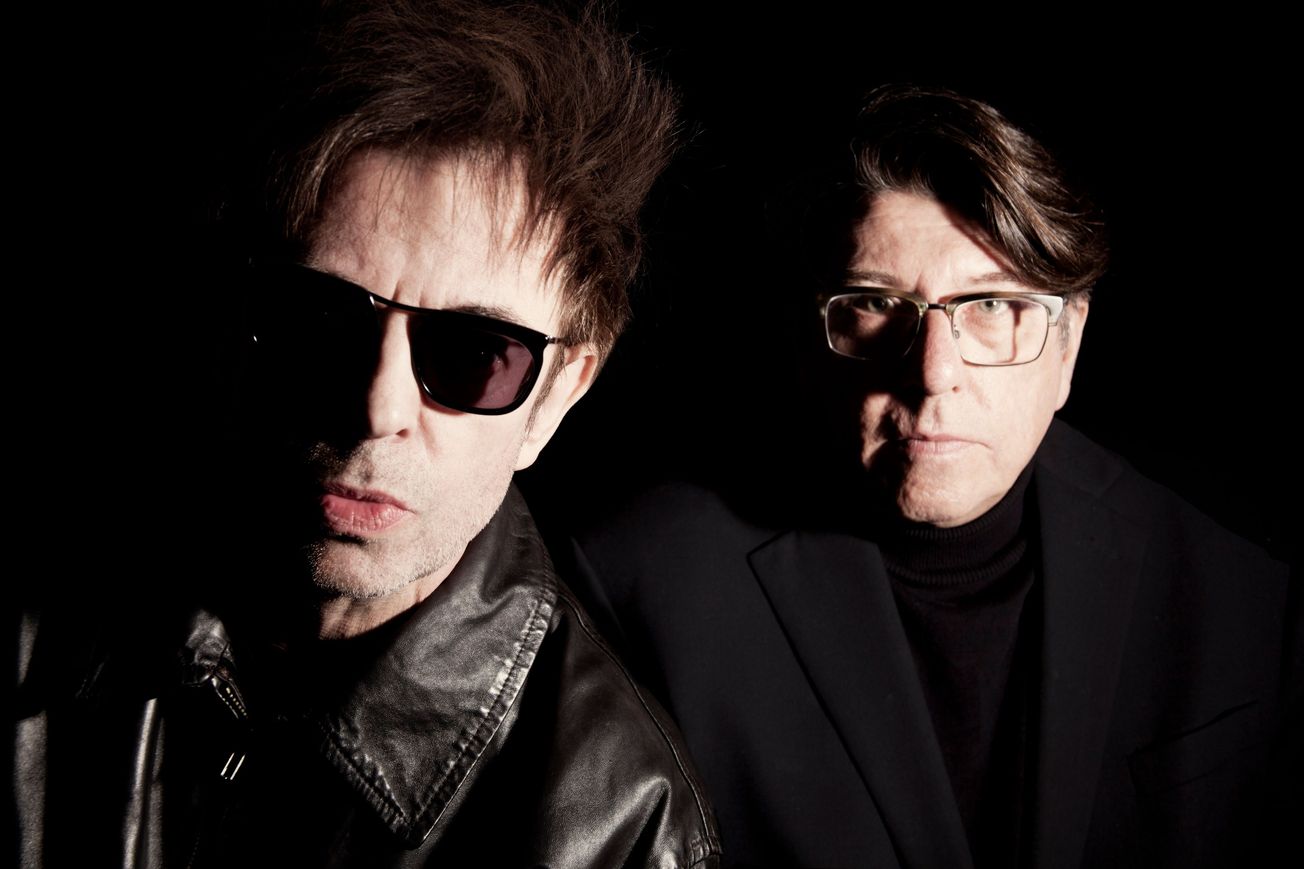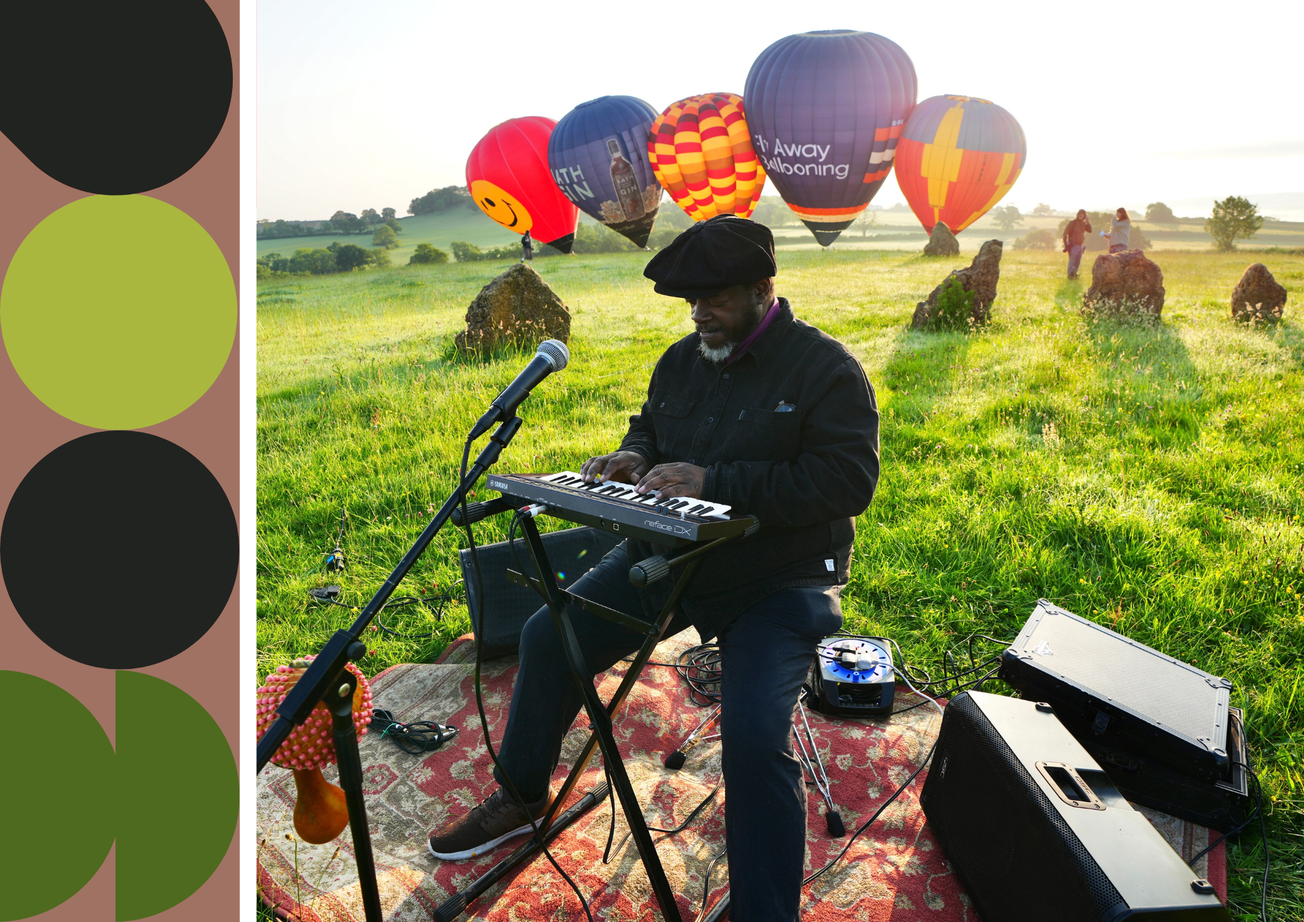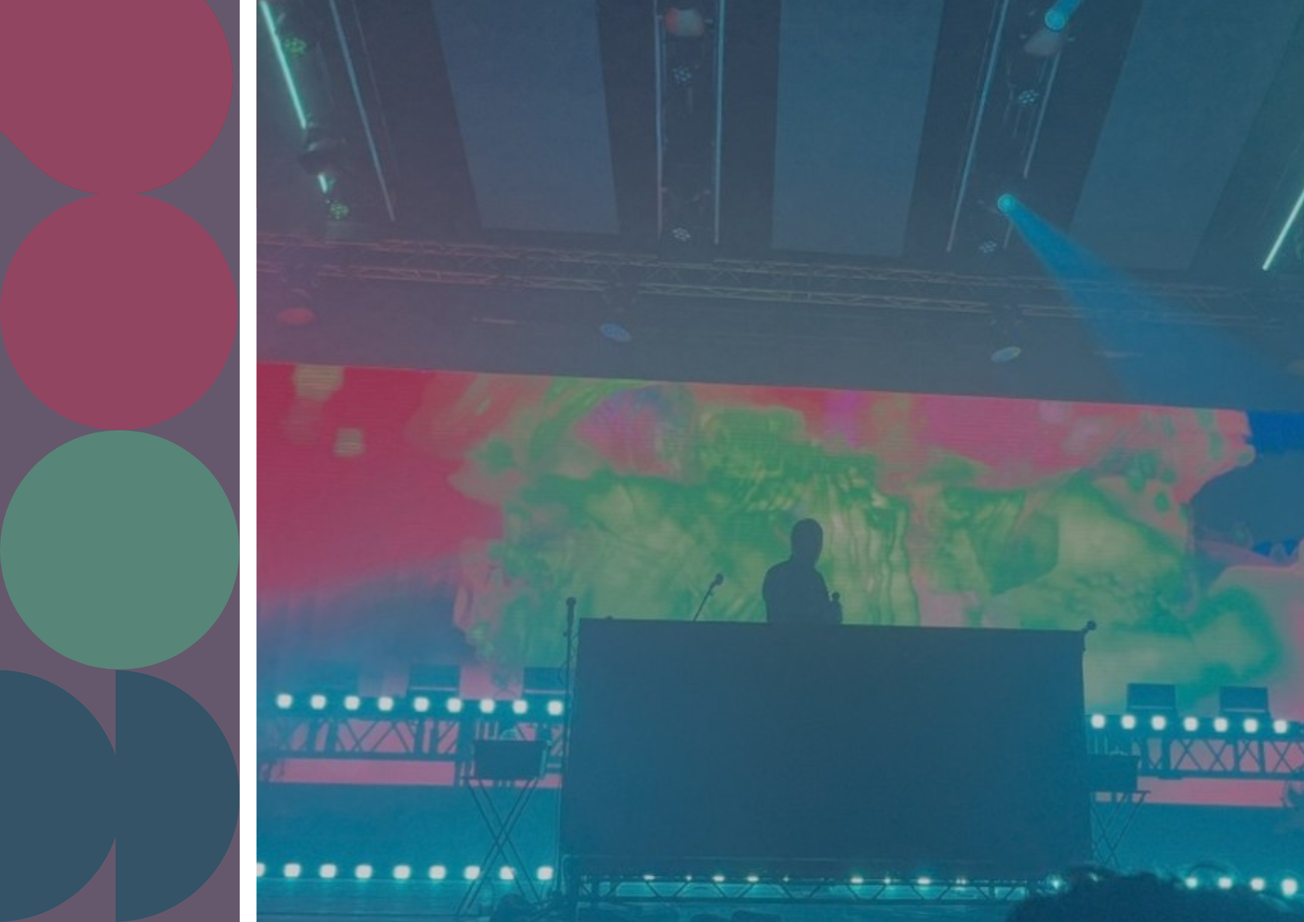By James Peppercorn, MA English
“In Australia you got some good spiders haven’t ya…” Will Sergeant, the iconic guitarist of Echo & the Bunnymen, really does not like spiders. The Bunnymen’s original bassist Les Pattinson, who lives in Australia now, loves to send photos of the nosey critters to him as a way to royally p*** him off. He also doesn’t particularly like Bruce Springsteen, “It’s just like cheese-o-rama, not my cup of tea.” But that’s beside the point. There are innumerable things Sergeant does love and these fed into our phone conversation in regard to his new childhood memoire Bunnymen.
The founding member of one of the seminal post-punk/new wave bands of the 1980’s, Sergeant is widely regarded as one of the most distinctive and singular guitarists of his generation, on par with the likes of Johnny Marr and Robert Smith. With many classic albums such as Ocean Rain and Porcupine, through to some of the most memorable songs of his generation (‘The Cutter’, ‘Lips Like Sugar’, the eternal ‘The Killing Moon’), Sergeant has been at the forefront of guitar music for the better part of 40 years. With his brand-new book, we get to see the early beginnings of the guitarist’s life from his difficult (to put it lightly) relationship with his father through to the early beginnings of the Bunnymen.
A large proportion of people from our generation will have been acquainted with Echo & the Bunnymen through the film Donnie Darko. The effervescent ‘The Killing Moon’ has become intertwined with the film, through its dark and mysterious combination of musical forces. In describing what makes the song so special, Sergeant explained, “The instrumentation is so unusual and the way it’s put together, it doesn’t sound like anyone else. That guitar solo in the middle that I did wasn’t through an amplifier, it was all mic’d up. That’s how it’s got that sound to it.” It is one of many stand out songs in an astonishing catalogue. A lot of this churning energy and mystique began early on in Sergeant’s life. Bunnymen focuses on these formative years as he moved through a complicated relationship with his parents through to the beginning of the band. “I wanted to get that strange youth documented, there were plenty of people on our street who were in a similar situation.”
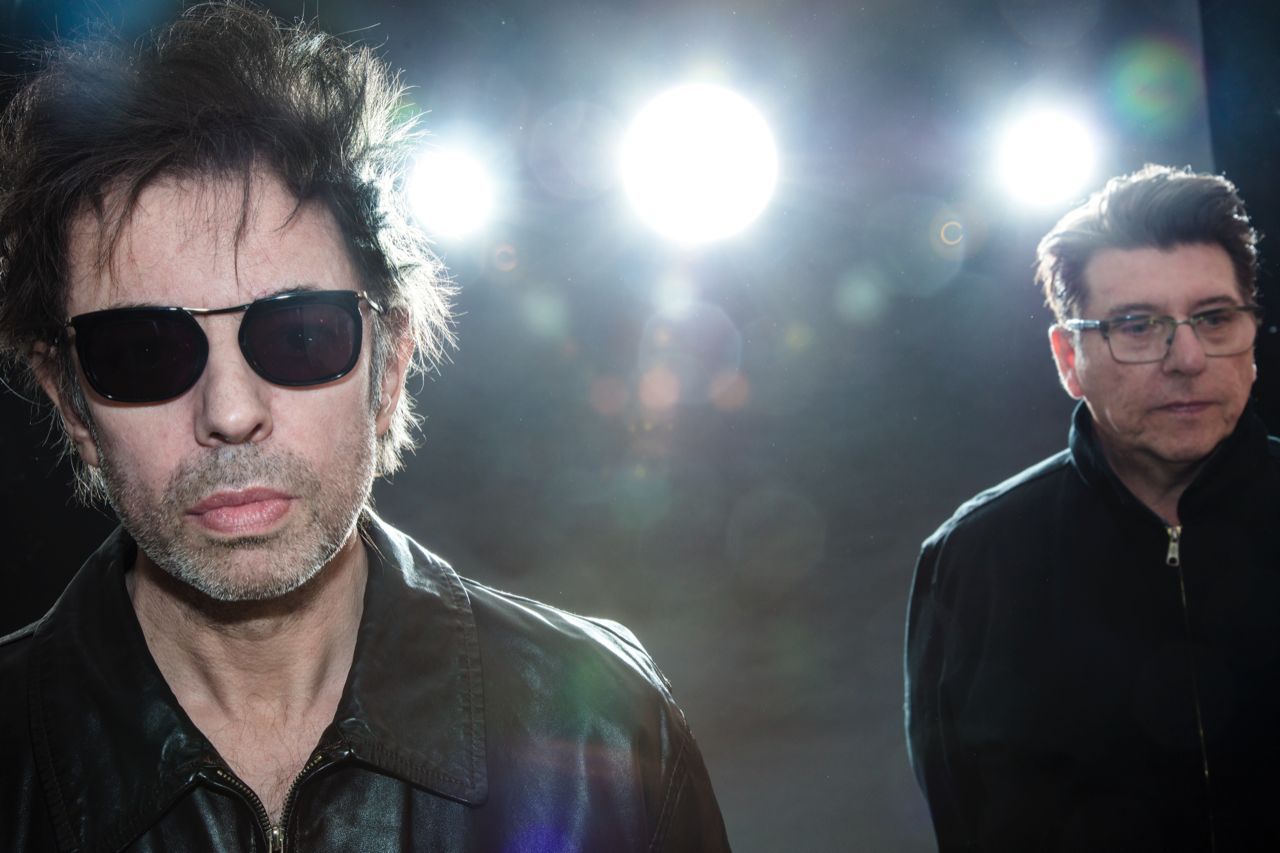
What comes out during the interview is Sergeant’s fondness for recollecting these small moments. It is these little memories, from running around factories in 60s-70s Liverpool through to stories of school and early concerts, which make the book so compelling. “It looks like I’ve remembered a lot of things, but if you think of it as a life, I’m 63 so there is always things you remember that stick out and there’s plenty of things which I didn’t remember.” One story which Sergeant had forgotten involved, let's just say, an intriguing family dynamic: “There’s stuff I left out, like one of my uncles trying to set the other one on fire once. I would have put that one in but I forgot about it so I’m going to try and shoehorn that into the next one.” I guess you’ll just have to wait for the full story in the next book.
The book came about through a number of factors. Sergeant explained:“I got asked to do liner notes for the first four albums, I got into the writing thing then and I realised I could do it and that I enjoyed doing it. It was a really interesting thing to do. I remember Bill Drummond saying to me ages ago, “What’s great about writing is that all you need is a pencil”. I started it in 2019 before any lockdown, but when the pandemic kicked in there was nothing to do anyway so I could just concentrate on that. I could do it every day. You sort of think of books as a massive thing but you just do it a day at a time and you get through it.”
The book itself is a joy to read. Having read a number of autobiographies, sometimes a writer can get bogged down in platitudes and attempt to overcomplicate the story itself. None of this can be found in Bunnymen. It is simple, it is fun, it is written as though he is in conversation with you the reader which allows himself to open up to a greater extent than what is normally expected. “I wanted it to be a readable book, I wanted it to be interesting and easily understood”, this comes through in the respect and care Sergeant takes to all aspects of his life.

Sergeants’ difficult relationship with his father comes up a lot throughout the book and during our conversation, which is to be expected. He describes how he has tried to subvert all the hardness and anger that his parents reflected onto him, “My mum and dad were like that but I’m not like that, because you realise it’s not life.” Through trying to distance himself from these aspects of his parents, Sergeant turned to the burgeoning punk scene in the UK during the 70’s: “It was an escape, all the things I loved and all the avant-garde stuff was a reaction and escape.” As a reaction to everything that “wasn’t 20-minute guitar solos”, Sergeant fell in love with bands as diverse as Roxy Music and Television. Despite the explosion of punk having a huge effect on innumerable musicians who were coming into their own at the time, it was the post-punk coldness that really intrigued Sergeant.
Throughout the book and our chat, Sergeant describes his love and fascination with the history of the Cold War, which is his favourite war, “Isn’t it everyone’s?”. We ended up going down a rabbit hole of our mutual fascination with the Cold War and the eerie elements that fed into a lot of Sergeants own work, “I just love all them spy films, John Le Carre novels.” The arrival of post-punk at the end of the 70’s played into this coldness. The chilliness of the music, the stripped-back sound of all the instrumentalists working in unison. One such band that showed Sergeant that you could be punk without having to just stick to loud power chords was Joy Division. “For me, Joy Division, it’s that whole presence and darkness of them and the odd attitude they had. I probably took some of that, a surly attitude. But that was punk anyway.”
So much of the early Bunnymen albums were distinguishable by the way Sergeants icy guitar lines and melodies functioned as a counterpoint to the immense rhythm section of Les Pattinson (Bass) and Pete De Freitas (Drums). On the topic of writing songs with the other members of the band, Sergeant states, “It was all throwing in ideas, that’s what it was all about. Everybody did their own thing, they just naturally knew what to play. It’s four minds meeting together to make a sound, which is why I reckon a lot of our stuff varies quite a lot.” No two Bunnymen albums are quite the same, with Heaven Up Here’s dark and rhythmic momentum feeling much rougher in comparison to the orchestral sway that pervades an album like Ocean Rain. However, they all feel very much in the vein of the bands instantly identifiable sound.
Being in a band for just over 40 years can be taxing on any relationship. Sergeant, and most other members of the band, dealt with conflict and disagreements through cold silences.
“There was no real arguing but that was mainly with the record label with something we had done. Generally, everyone did their own thing so we just got on with it. There was this general trust that we were all into similar stuff and everything was going to be ok.”
And everything is ok. The band is going back out on tour next February with a huge string of shows throughout the UK. This is quite a daunting task seeing as Sergeant hasn’t been out on tour for over 3 years:
“I’m a bit nervous about it to tell you the truth because I haven’t played these songs. When you’re on tour you’re intensely playing because all your nerves go. You’re playing the songs every night and you know what you’re doing and it’s a comfortable place to be in.”
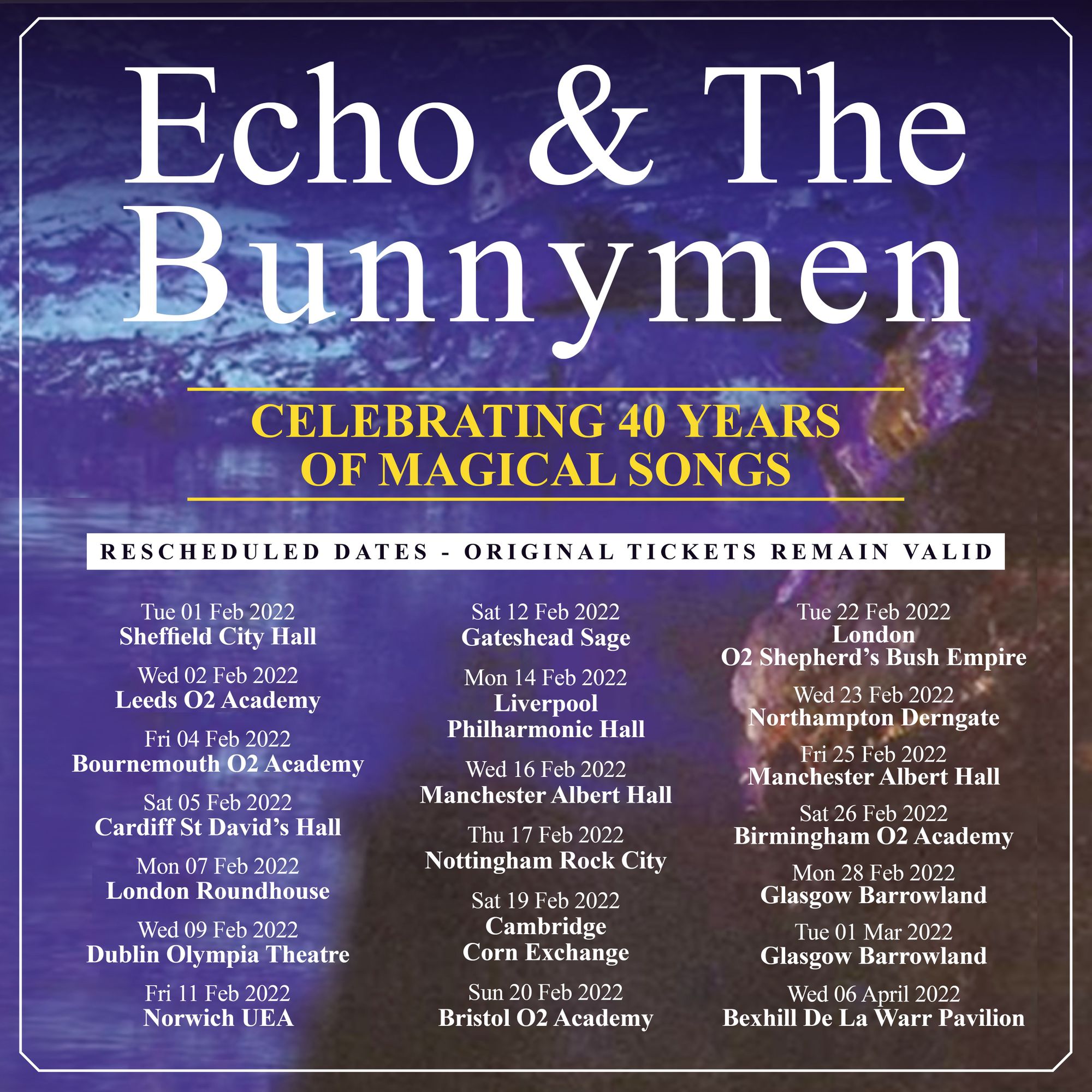
Of all the bands coming out today, there is one which has stuck out for Sergeant: “I went to see that Fontaine's DC, I was out the pub with them the other night. There’s something about them which reminds me of us a bit, a kind of nervous energy on the stage which you can feel in the crowd.” Having played music for over 40 years, he still feels that intensity and can recognise that sometimes you can achieve that connection with your fans through more than just your music.
The new life as a writer has been a welcome gift to Sergeant. The book tours and shows have enabled him to connect with fans and people in a completely different manner to a concert. “It’s great, I’ve done about 8 book tour shows now and it’s just dead easy. You get on the train, get down there, and they treat you well. It’s a good laugh and you get people who have read your book or are going to read it.” On the topic of a possible follow up book, Sergeant explained, “I’m not very far into the book because I’ve been too busy really doing interviews and podcasts. There’s a lot involved with it and it’s not just the writing, which I like doing. Who doesn’t like talking about something creative!” Who doesn’t adore just having a conversation about life, the universe, and everything? The overarching feeling I got from Sergeant is that he is just loving what he is doing at the moment. Taking the days as they come and just seeing where the next creative outlet will take him. Life is pretty damn good. It’s even better with Echo & the Bunnymen soundtracking it.
Do you plan on seeing Echo & the Bunnymen on their tour?

